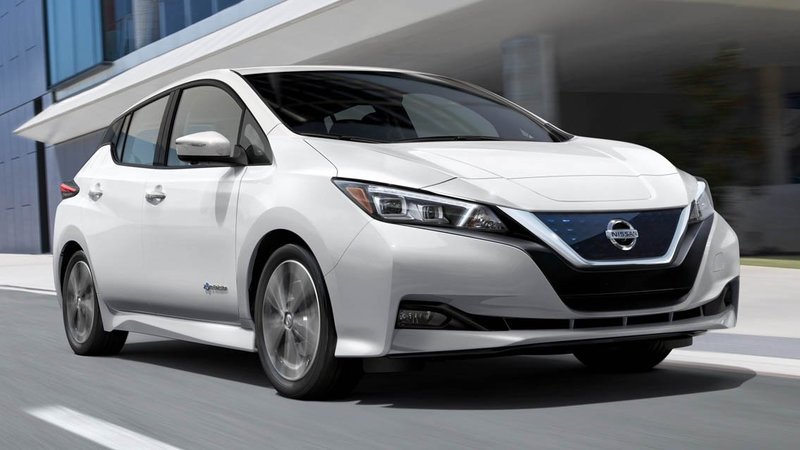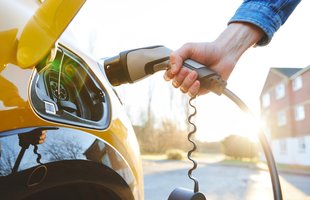Nissan is even taking its electric ambitions to its luxury Infiniti brand. The company reiterated its previously-stated plans that all new Infiniti models beginning in 2021 will be either fully electric or powered by the company’s “e-Power” gasoline hybrid technology.
And it’s a lofty goal. Japan’s number two automaker sold about 163,000 electric vehicles globally in 2017. It will have to increase sales of EVs more than sixfold to hit the one million sales mark.
The aim is to build off of the company’s sales with the Nissan Leaf—the compact hatchback it launched in 2010—to reach different consumers. For instance, the company’s Chinese products will be led by a new C-segment electric vehicle this year and will be followed up by an affordable EV through a joint venture with the Nissan-Renault Alliance and Dongfeng Motor.
Last year, Nissan introduced a revamped version of its Leaf electric vehicle that cost nearly $29,000 and can travel about 150 miles on a single charge.
The company is already offering its Nissan Note and Nissan Serena with the e-Power hybrid technology. And consumers appear to have an appetite for its hybrids. It sold more than 129,000 Note e-Power models in Japan in its first year, with more than two-thirds of Note customers opting for e-Power models versus the baseline model, according to Nissan.
The company said it expects that electrified vehicles, which include its e-Power models, will make up 40% of the company’s sales in Japan and Europe by 2022 and 50% by 2025. In the U.S., the expectation is about 20% to 30% by 2025, while in China it’s 35% to 40%.
By 2025, Infiniti says its electrified vehicles will comprise half of its global sales.






